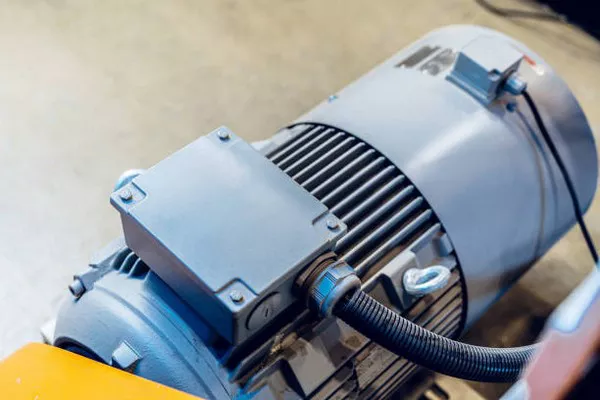In a world where power outages can disrupt daily life, having a reliable generator is essential for ensuring continuity and comfort in your home. But how do you determine the right size generator for your specific needs? In this guide, we’ll walk you through everything you need to know to make an informed decision.
Factors Influencing Generator Size
When it comes to selecting the appropriate size generator for your home, several factors come into play. The size of your house, the number of appliances and devices you need to power, and any specific power requirements all influence your choice.
Calculating Power Requirements
The first step in determining the right generator size is to calculate your home’s power requirements. This involves creating an inventory of all essential appliances and determining their wattage requirements.
For example, a refrigerator may require around 600 watts to start but only 200 watts to run continuously. Similarly, a central air conditioning unit may have a high starting wattage but a lower running wattage.
Understanding Wattage and Load
It’s crucial to understand the difference between starting wattage and running wattage for appliances. Starting wattage refers to the additional power needed to start an appliance, while running wattage is the power required to keep it running.
When calculating your total power needs, be sure to account for both starting and running wattages to ensure your generator can handle the initial surge of power.
Types of Generators
There are several types of generators available, each with its own set of advantages and disadvantages. Portable generators offer flexibility and affordability, making them ideal for occasional use. Standby generators, on the other hand, provide automatic backup power during outages but require professional installation.
Inverter generators are known for their quiet operation and fuel efficiency, making them a popular choice for residential use. Consider your specific needs and preferences when selecting the right type of generator for your home.
Sizing Guidelines
As a general rule of thumb, aim for a generator that can handle at least 25% more power than your calculated requirements. This provides a buffer for unexpected power surges and ensures your generator operates within its optimal capacity.
For larger homes or homes with higher power demands, consider investing in a standby generator with a higher wattage capacity. This ensures uninterrupted power supply during extended outages.
Considerations for Standby Generators
If you opt for a standby generator, keep in mind that professional installation is required. A licensed electrician can assess your home’s electrical system and recommend the appropriate size and placement for your generator.
Additionally, standby generators typically require a natural gas or propane fuel source, so consider your fuel options and availability before making a decision.
Budget and Fuel Considerations
When budgeting for a generator, consider not only the initial purchase price but also ongoing maintenance and fuel costs. Portable generators may seem more affordable upfront, but they often require more frequent refueling and maintenance.
Factor in the cost of fuel and the availability of fuel sources in your area when selecting a generator. Propane and natural gas are cleaner-burning options that may be more readily available than gasoline or diesel during emergencies.
Safety Precautions and Installation
Proper installation and maintenance are critical for ensuring the safe and efficient operation of your generator. Follow all manufacturer instructions for installation, and never operate a generator indoors or in an enclosed space.
Keep fuel stored in a safe location away from heat sources and open flames, and never refuel a generator while it’s running. Regularly inspect and maintain your generator to prevent malfunctions and ensure reliable performance when you need it most.
Warranty and Support
Before purchasing a generator, research the warranty and support options offered by the manufacturer. Look for a generator with a comprehensive warranty and reliable customer support to address any issues or concerns that may arise.
Additionally, consider the availability of local service providers for maintenance and repairs. Having access to professional support can give you peace of mind knowing that your generator will be properly serviced when needed.
See Also Can A Lpg Generator Run On Natural Gas
Conclusion
Selecting the right generator size for your home is essential for ensuring your family’s comfort and safety during power outages. By calculating your power requirements, considering your budget and fuel options, and prioritizing safety and reliability, you can confidently choose a generator that meets your needs and provides peace of mind for years to come.

